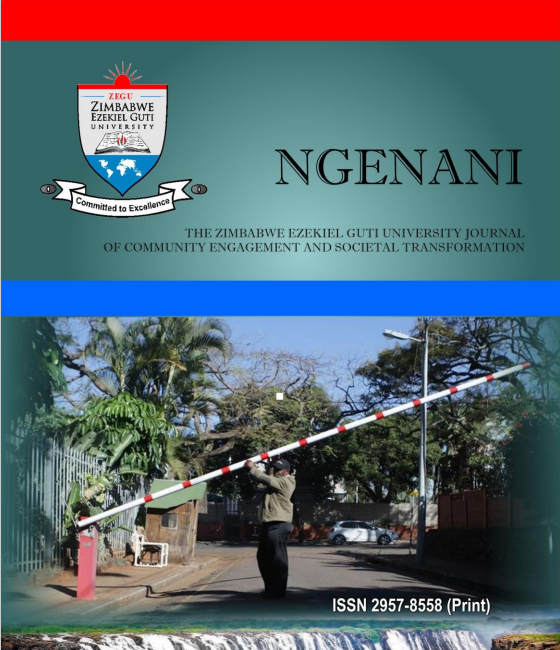Collective Action For Rural Development Insights From Chimanimani Rural District Of Zimbabwe
Keywords:
social capital, human factorAbstract
Despite considerable financial investments made since independence in 1980 to achieve rural development, there is not much tangible improvement in the lives and livelihoods of individuals, families and communities in Zimbabwe. The crux of the matter is lack of collective community action. Community collective action is a crucial social capital that can stir rural development. We argue that collective action has a huge potential to achieve sustainable people-centred development. The study adopts a case study approach, analysing the role played by community collective action in rural development in Chimanimani Rural District (CRD), Zimbabwe. A sample of 220 respondents were conveniently selected. Likert scale data was randomly collected from five out of 23 wards of the CRD. A descriptive data analysis was done using the Statistical Package for Social Sciences (SPSS) version 19.0. Emerging from the study, failure to invest appropriately in efforts designed to strengthen community collective action appears to be the missing link in rural development in African communities, including the CDR. The study concluded that community collective action is the major factor influencing rural development. It is a resilience builder that promotes trust among inhabitants of a community. The study recommends that development planners, scholars and policy-makers should go back to the drawing board and consider community collective action as a resilience strategy in development.




